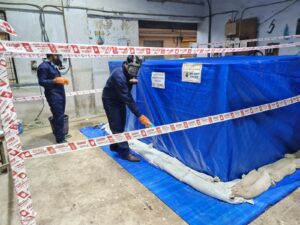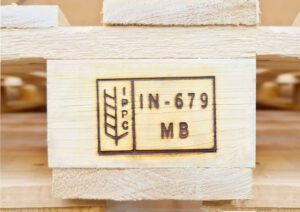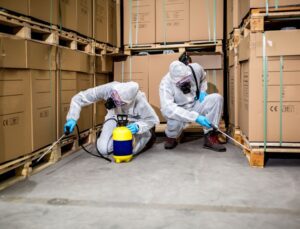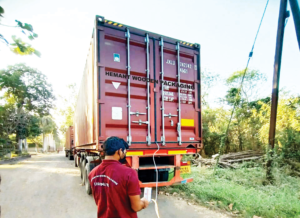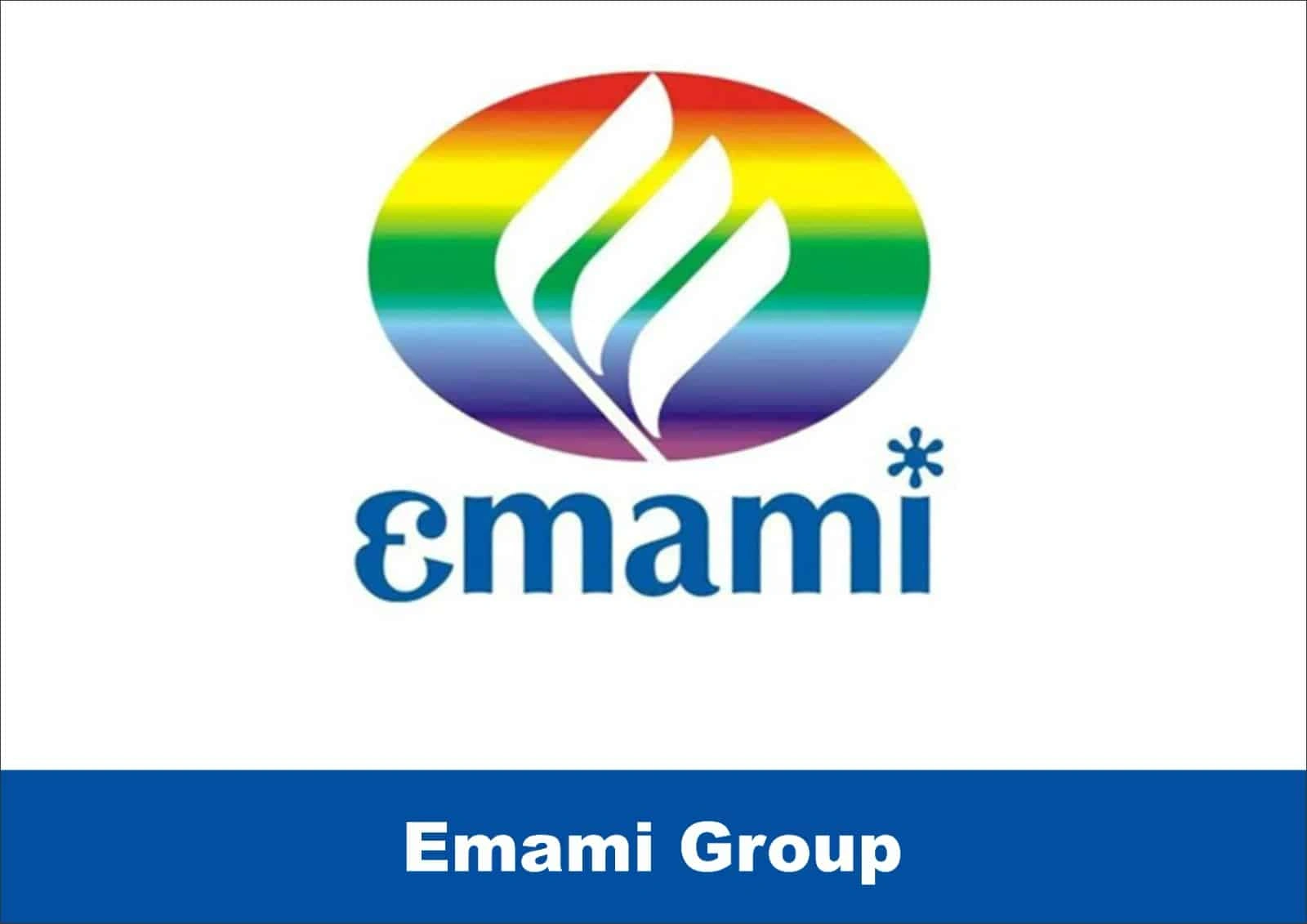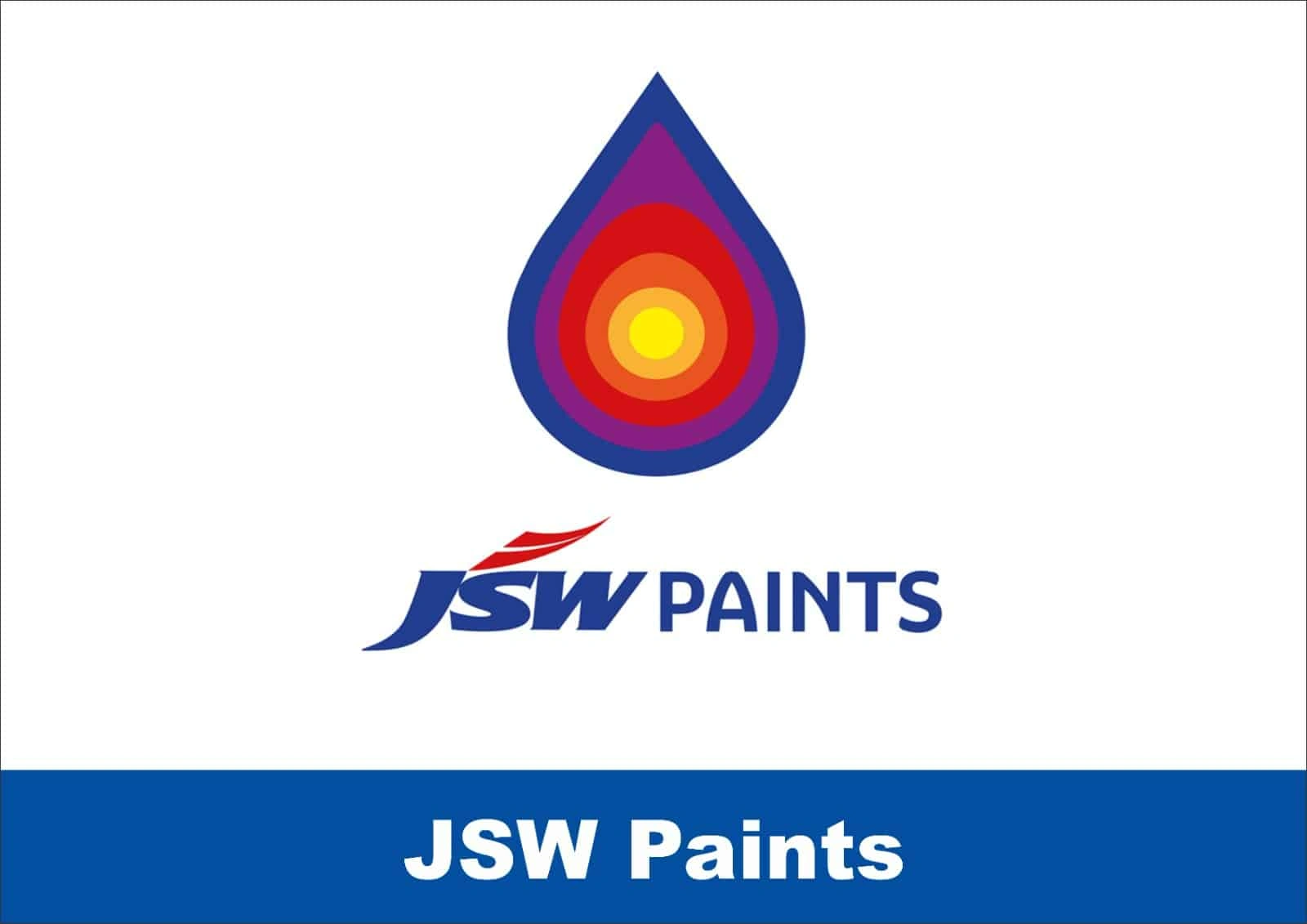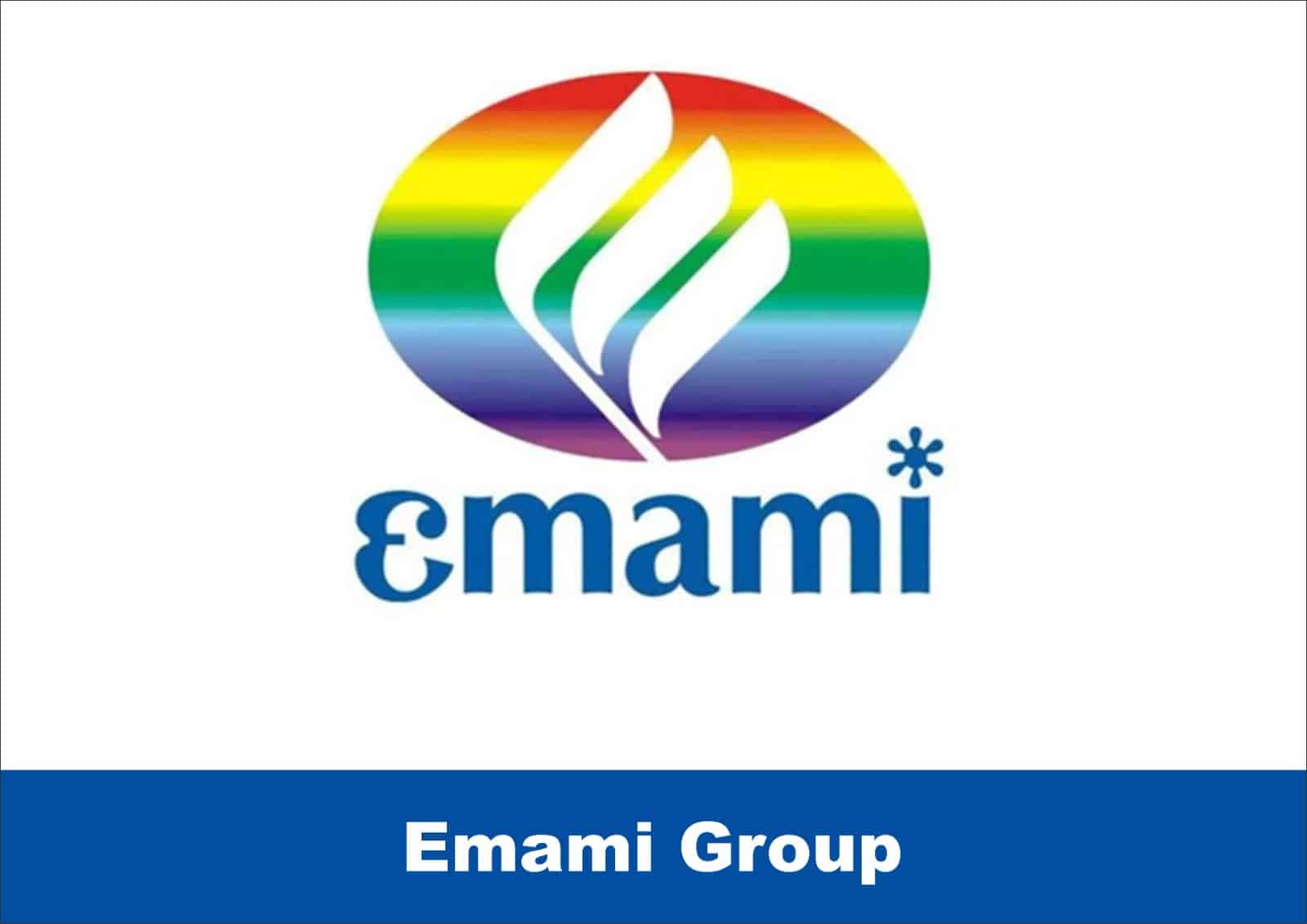What is a Fumigation Certificate and why is it required in exports?
Overview of fumigation certificate and its importance
A fumigation certificate is a critical document required for the international transportation of goods.
It certifies that the cargo has undergone proper fumigation treatment, ensuring it is free from pests or harmful organisms.
This certificate becomes particularly crucial when exporting to countries with strict import regulations and quarantine measures.
The importance of a fumigation certificate lies in its role in maintaining phytosanitary standards and preventing the spread of pests across borders. By demonstrating that goods have been treated to eliminate any potential risks, this certificate protects not only the importing country but also the reputation and trade relationships of exporters and shipping companies involved. Furthermore, it serves as evidence of compliance with international standards set by organizations such as the International Plant Protection Convention (IPPC). In an increasingly interconnected global marketplace, trading partners rely on such certificates to ensure that their imports are safe, secure, and compliant with relevant regulations.
In addition to meeting regulatory requirements, a fumigation certificate can also assist businesses in expanding their reach into new markets.
Many countries have stringent rules regarding imported agricultural commodities due to concerns over invasive species or diseases affecting local ecosystems.
Having a valid fumigation certificate enhances credibility and instills confidence in potential buyers who prioritize quality control and safety measures before engaging in business transactions.
Overall, acquiring a fumigation certificate should be regarded as an investment rather than an obstacle for exporters. This document not only enables access to international markets but also demonstrates commitment towards responsible trade practices while safeguarding public health through effective pest management procedures.
What is a Fumigation Certificate?
A fumigation certificate is an essential document required for international exports, particularly for products such as food grains, fruits, and wood. It serves as proof that the goods have been treated with a fumigant to eliminate any pests or insects that may be present. This certificate not only ensures compliance with phytosanitary measures but also helps protect the importing country from potential outbreaks of pests and diseases.
One key aspect of a fumigation certificate is its validity period. Each country sets its own regulations regarding the duration for which a fumigation treatment remains effective. For instance, some countries require re-fumigation if more than 21 days have elapsed since the treatment was conducted. It’s crucial for exporters to stay updated on these specific requirements to avoid any complications during customs inspections.
Moreover, it’s worth noting that different countries may have varying requirements in terms of approved fumigants and concentration levels. Some countries might only accept certain types of chemicals or insist on lower concentration levels due to safety concerns or environmental precautions. Thus, it’s vital for exporters to work closely with certified fumigators and agricultural experts who possess in-depth knowledge about international regulations to ensure compliance with specific export destinations.
In conclusion, a fumigation certificate acts as an assurance that exported goods meet the required phytosanitary standards and are free from harmful pests or diseases.
Purpose of a Fumigation Certificate in Exports
The purpose of a fumigation certificate in exports is to ensure the safety and quality of goods being shipped internationally. Fumigation is a process that involves using chemicals or gases to eliminate pests, such as insects or bacteria, that might pose a threat to agriculture or public health in the receiving country. By obtaining a fumigation certificate, exporters demonstrate compliance with international standards and regulations.
One key reason why a fumigation certificate is required in exports is to prevent the spread of pests and diseases across borders. In many countries, invasive species can cause significant damage to crops and ecosystems. Through fumigation, exporters take proactive measures to eradicate any potential threats before shipping their products overseas. This not only protects the importing country’s resources but also supports global efforts for biosecurity.
Furthermore, by having a valid fumigation certificate, exporters gain credibility and trust from both importers and authorities. It serves as proof that goods have undergone necessary treatment and are safe for consumption or use upon arrival at their destination. This certification simplifies customs clearance procedures since it assures officials that the shipment adheres to required sanitary and phytosanitary measures.
In conclusion, the purpose of requiring a fumigation certificate in exports goes beyond mere compliance with international regulations; it plays a crucial role in safeguarding global trade by preventing the spread of pests and diseases through shipments. As exporting nations continue to prioritize biosecurity, maintaining proper documentation becomes increasingly important for businesses operating on an international scale.
Types of pests targeted by fumigation
Fumigation is a powerful technique used to control and eliminate various types of pests. From insects to rodents, fumigation targets a wide range of creatures that can cause significant damage to agricultural products and stored goods. One common pest targeted by fumigation is the wood-boring beetle. These tiny yet destructive insects burrow into wooden structures, causing structural damage and compromising the integrity of buildings. By using fumigants, these pests can be effectively eradicated, protecting valuable assets from further harm.
Another type of pest that is often targeted by fumigation is the grain weevil. Also known as the wheat weevil or rice weevil, this insect poses a significant threat to grain storage facilities and agricultural produce. Grain weevils are known to infest stored grains such as rice, wheat, maize, and barley, reducing the quality and market value of these commodities. Fumigating with appropriate chemicals helps eliminate not only adult weevils but also their eggs and larvae present in infested grains.
In addition to wood-boring beetles and grain weevils, there are several other pests commonly targeted by fumigation techniques. These include termites, cockroaches, bed bugs, rats, mice, ants, mosquitoes, flies, and moths. Each species presents unique challenges when it comes to effective pest control through fumigation methods.








